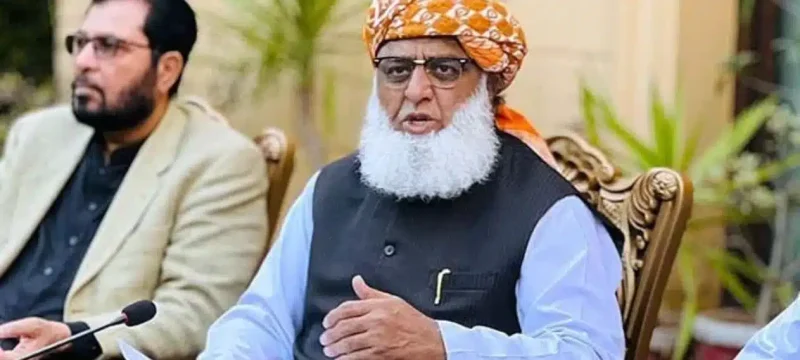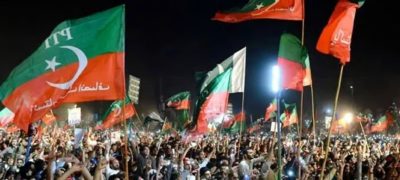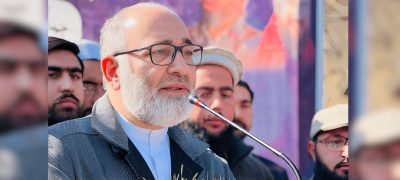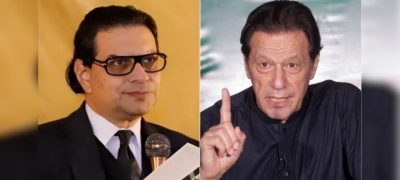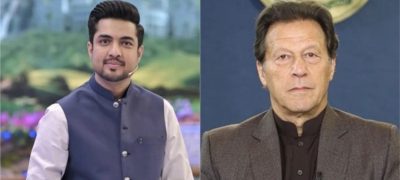Maulana Fazlur Rehman, the chief of Jamiat Ulema-e-Islam-Fazl (JUI-F), recently expressed concerns about Pakistan’s economic conditions and the overall decline in the country’s administrative structure.
He emphasized the increasing influence of anti-religious forces and a perceived weakening of the establishment and bureaucracy’s grip. Fazlur Rehman squarely placed blame on the Pakistan Tehreek-e-Insaf (PTI) government for the nation’s economic challenges and suggested that if economic policies had been consistent, Pakistan could have been a member of the G-20.
Also Read: Moulana Fazal ur Rehman to meet Nawaz and Zardari in Dubai
While he stated his party’s readiness for the upcoming elections, he raised apprehensions about the prevailing law and order situation and its potential impact on voter turnout. Fazlur Rehman clarified that his intent was not to delay the next general election but rather to highlight the existing problems. Additionally, he stressed the importance of a level playing field for all politicians and reiterated his faith in the democratic process.
Responding to Fazlur Rehman’s remarks, Pakistan Peoples Party (PPP) Chairman Bilawal Bhutto Zardari characterized him as a democratic politician who likely did not oppose elections. Bilawal affirmed PPP’s preparedness for the elections and its confidence in securing victory.
He suggested that Fazlur Rehman, being a democratic figure, was unlikely to advocate for delaying elections. Bilawal underscored the significance of elections as a means to address the country’s issues, particularly the pressing problem of inflation.
He emphasized that the Election Commission of Pakistan (ECP) and the caretaker government should prioritize the interests of the people over those of any political party. Bilawal also commented on Nawaz Sharif’s return, stating that PPP consistently supported his return to Pakistan.


